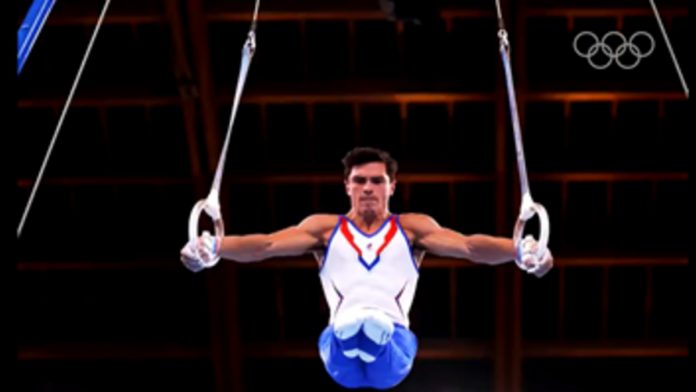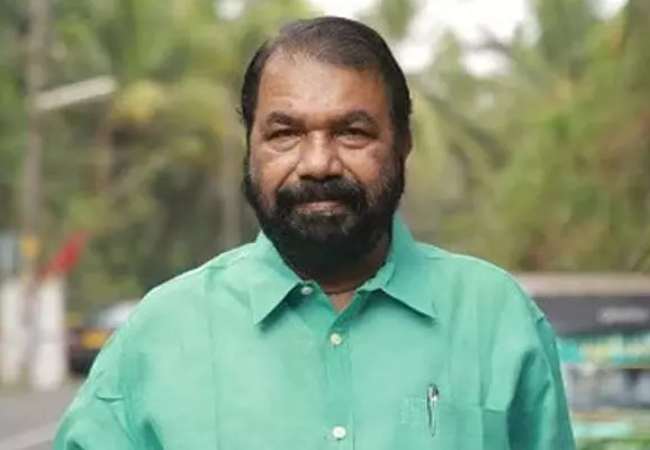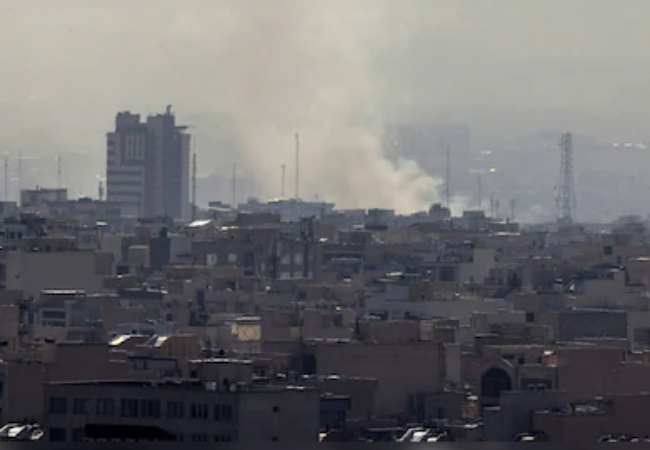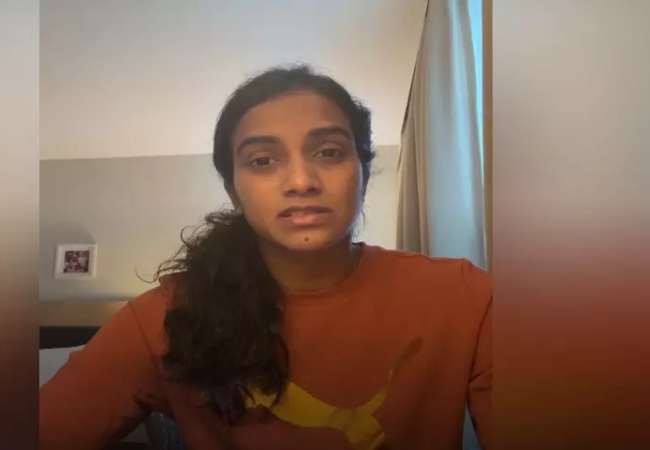This report was first published in theprint.in and has been posted here without any alterations or editing. To read the original report, CLICK HERE
New Delhi: Russia is not participating in the Tokyo Olympics. And yet Russian athletes have already won 22 medals at the event, including seven golds.
Despite a ban on the country participating in any international sporting event till 2022, 335 Russian athletes are part of the Tokyo Olympics, participating under the ROC banner, which is currently ranked fourth, according to the medal tally.
ThePrint explains the Russian paradox at the Olympics.
Why are Russian athletes competing under the ROC banner?
In 2019, the World Anti-Doping Agency (WADA) banned Russia from participating in any international events for four years, following doping allegations against athletes from the country.
In 2020, The Court of Arbitration for Sport (CAS), reduced the ban to two years — the period of which ends on 16 December 2022. The country is prohibited from participating in any international sporting event during this time, which includes the Tokyo Olympics, the coming Paralympics in August or Winter Olympics in Beijing in February and the 2022 FIFA World Cup.
However, while the country is banned — stopping Russian athletes from participating under the country’s banner and flag, using the country’s name or singing the national anthem — the country’s athletes are participating at the Tokyo event under the ROC banner.
ROC stands for the Russian Olympic Committee, but since the use of the committee name is also prohibited under the ban, the athletes are using the acronym ‘ROC’, which is all that Russian athletes have been allowed to publicly display as the association to which they belong.
Also, only those athletes who are not under any suspension or restriction have been allowed to participate.
Why was Russia banned?
In 2014, 800-metre runner Yulia Stepanova and her husband Vitaly, a former employee of the Russian Anti-Doping Agency (RUSADA) exposed a sophisticated doping programme in a German documentary.
In 2015, a WADA-initiated investigation revealed a system of state-sponsored sports doping and the covering up of failed anti-doping tests of athletes at the lab of the then RUSADA chief, Grigory Rodchenkov. Rodchenkov, who had been the mastermind behind doping by Russian athletes at the 2012 Summer Olympics in London and 2014 Winter Olympics in Sochi, fled to the US shortly after the report was published.
The accreditation of Russia’s anti-doping lab was revoked the same year.
Another whistleblower came forward in 2016 and told The New York Times that Russia ran a planned state-sponsored doping scheme. NYT‘s source was none other than Rodchenkov, who claimed intelligence officers substituted player’s urine through a hole in a wall, prompting an investigation by WADA, IOC and other global sporting federations.
An independent investigation was ordered by WADA, the report of which was published in July 2016, and claimed Russian players routinely used drugs to enhance performance at 2014 Sochi Winter Olympics.
Following this, 111 out of 389 Russian athletes were barred from participating in the 2016 Rio Olympics, based on preliminary investigations. The entire Russian team was banned from participating in the 2016 Paralympics.
After multiple investigations, even though it was revealed that more than 1,000 athletes across 30 sports were aided by state-sponsored doping, in September 2018, WADA lifted the sanctions, on the condition that Russia hands over data relating to its athletes from its Moscow lab to doping regulators.
However, it was alleged by WADA that Russia tampered with the data and so WADA imposed a four-year ban on the country’s participation in international events, later reduced by the CAS to two years, following an appeal by Russia.
Even after the ban ends, Russia will have to pay all fines and contributions (cost incurred by WADA on the case, equivalent to either 10 per cent of the Russian Anti-Doping Agency’s annual income in 2019 or 1,00,000 USD whichever is lower), agree to follow all terms of WADA’s sanctions and adhere to its regulations.
(Edited by Poulomi Banerjee)
Courtesy: theprint.in
Let the Truth be known. If you read VB and like VB, please be a VB Supporter and Help us deliver the Truth to one and all.
Thiruvananthapuram (PTI): Kerala General Education Minister V Sivankutty on Monday announced the postponement of the SSLC and Higher Secondary examinations scheduled for this week in the Gulf region, in view of the escalating tensions in West Asia.
Addressing a press conference here, the minister said the security situation in the gulf, has made conducting the public exams impossible.
Against this backdrop, the government has decided to postpone the Secondary School Leaving Certificate (SSLC) examination scheduled for March 5 in the Gulf region, he said.
The Higher Secondary examinations slated for March 5, 6 and 7 in the region have also been deferred, Sivankutty added.
"The revised dates for the postponed examinations will be announced later," the Minister said.
He noted that some students, both in the Gulf countries and in Kerala, are anxious that they may not be able to reach their examination centres and could miss their exams due to the prevailing situation.
The General Education Department stands with the students in this matter, Sivankutty said.
Students who are unable to appear for the examinations are advised to submit applications at the earliest to the Director of General Education through their respective headmasters or principals, he said.
The department will examine the merit of each application and take a favourable decision in the interest of the students, the Minister added.



_vb_21.jpeg)

